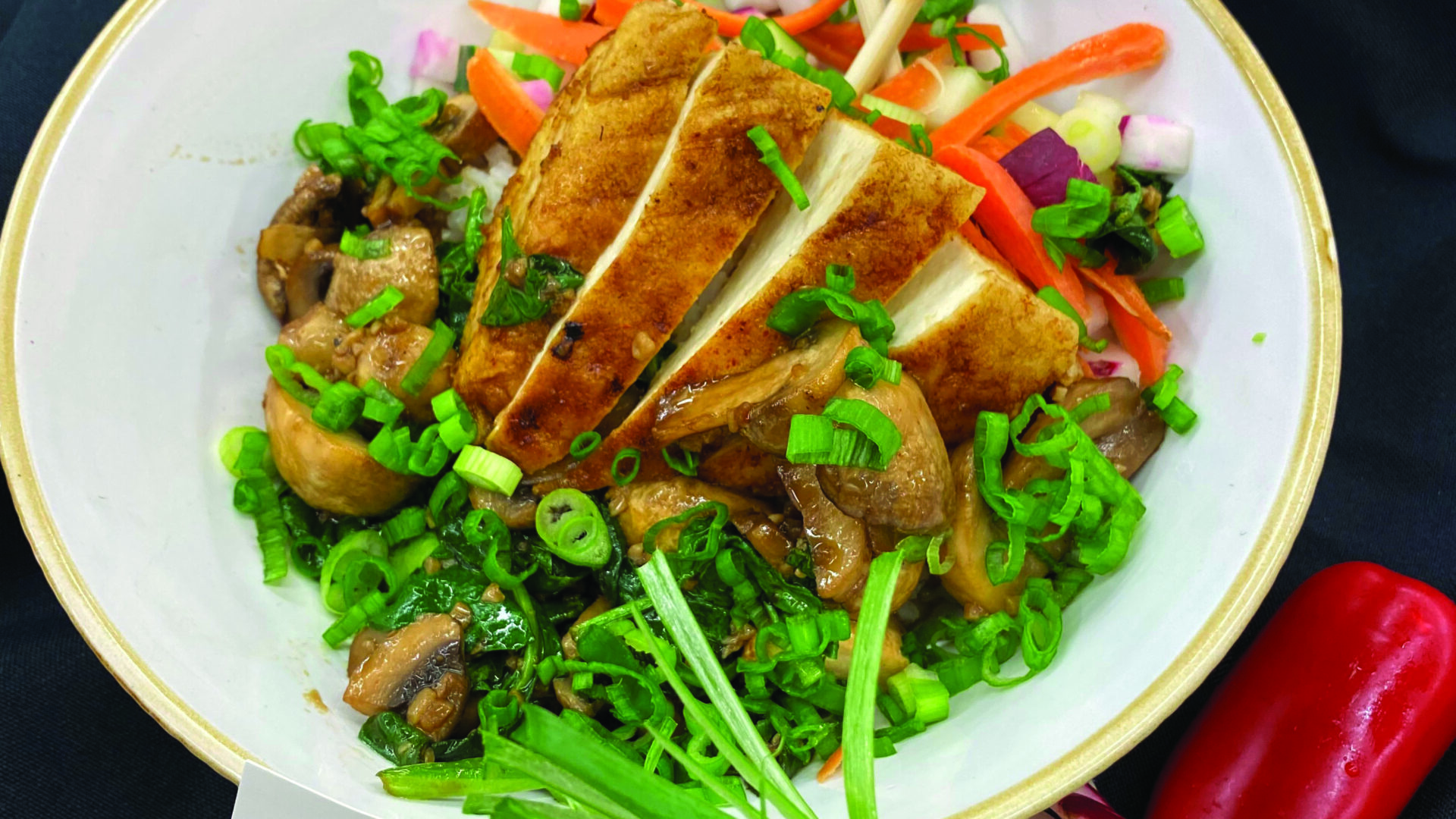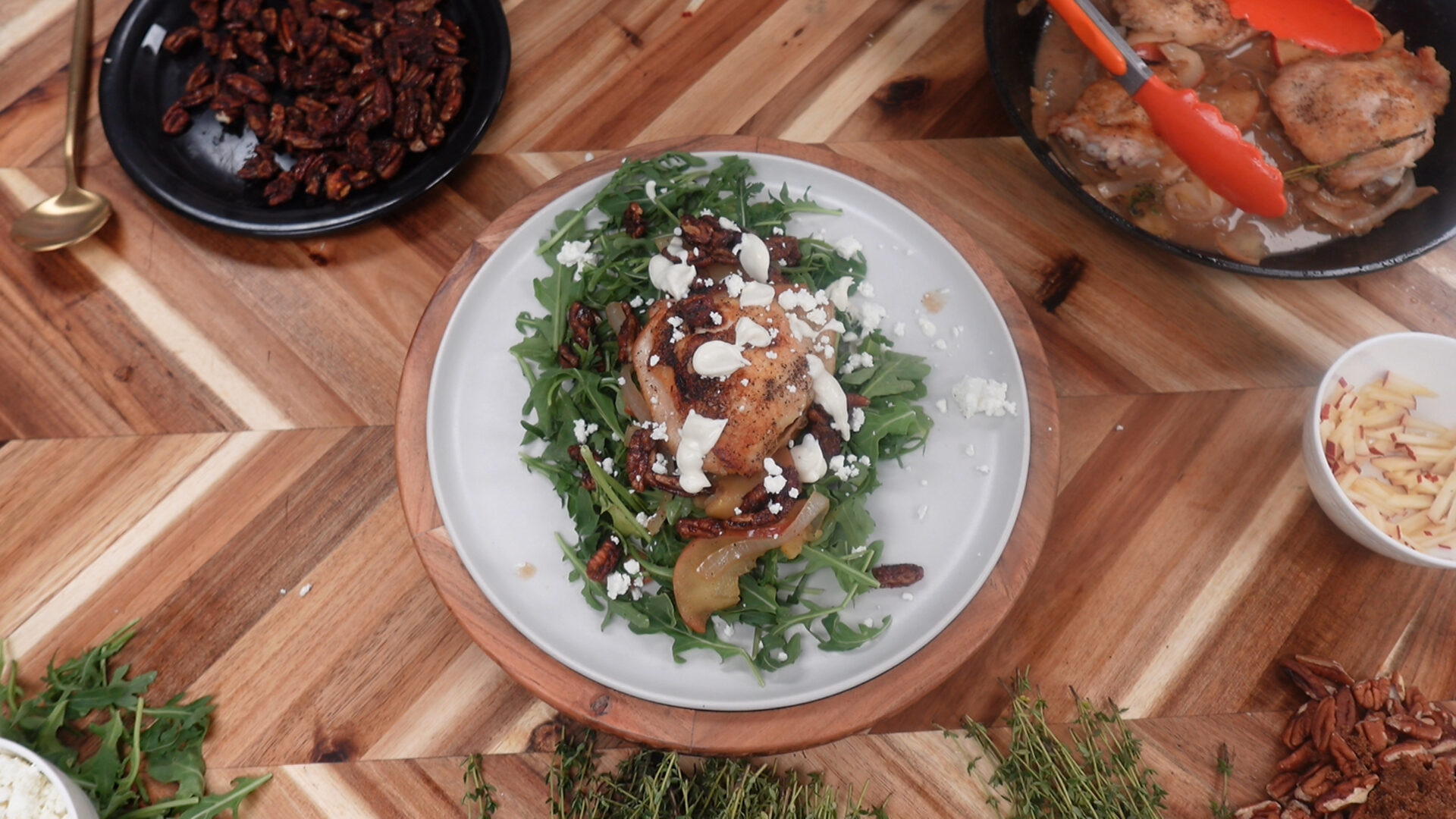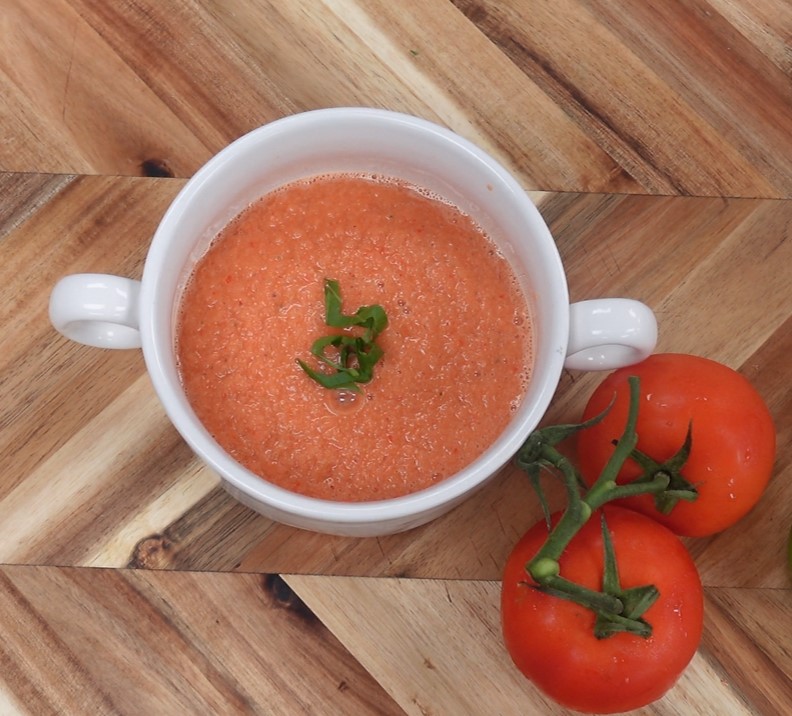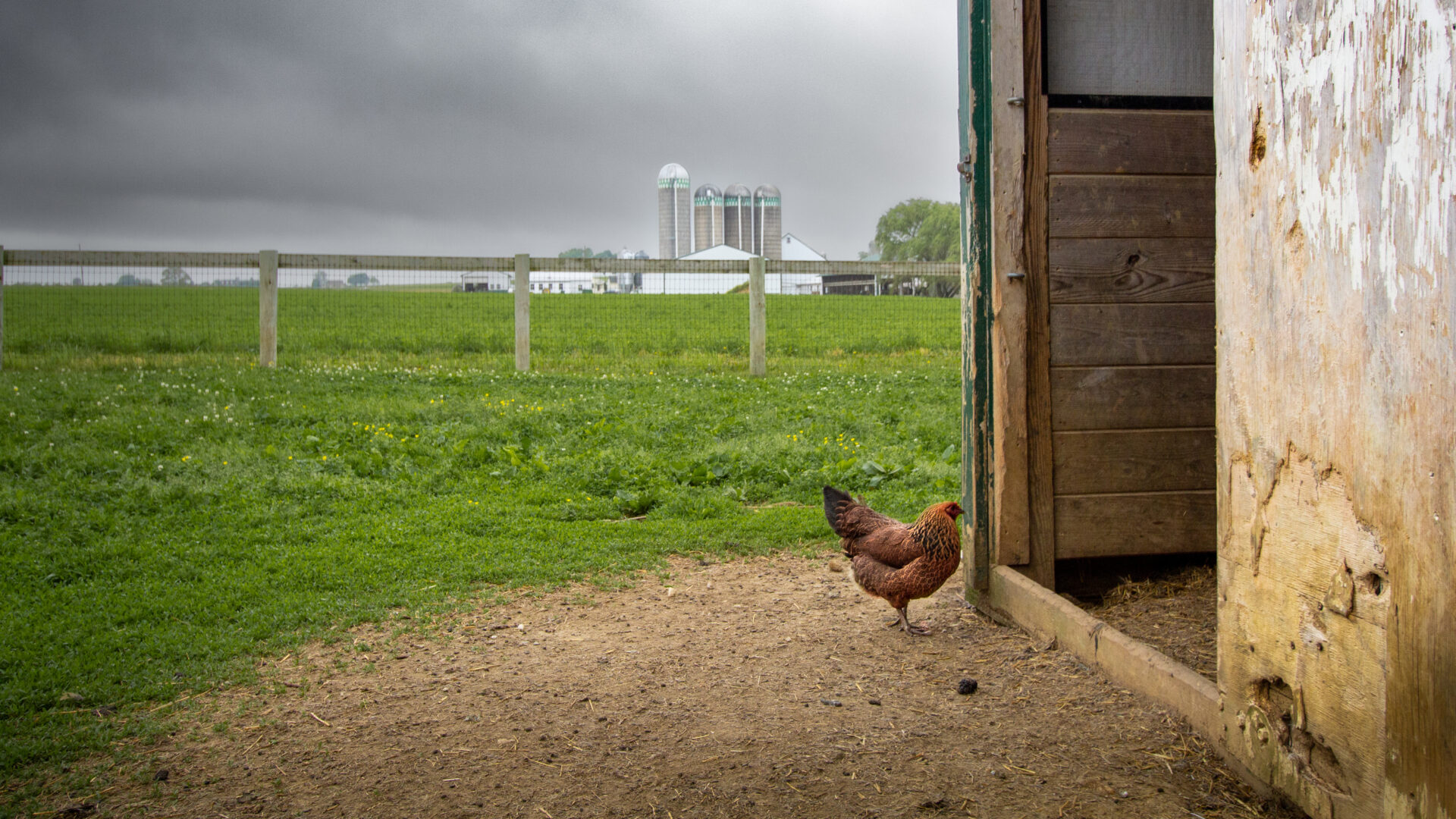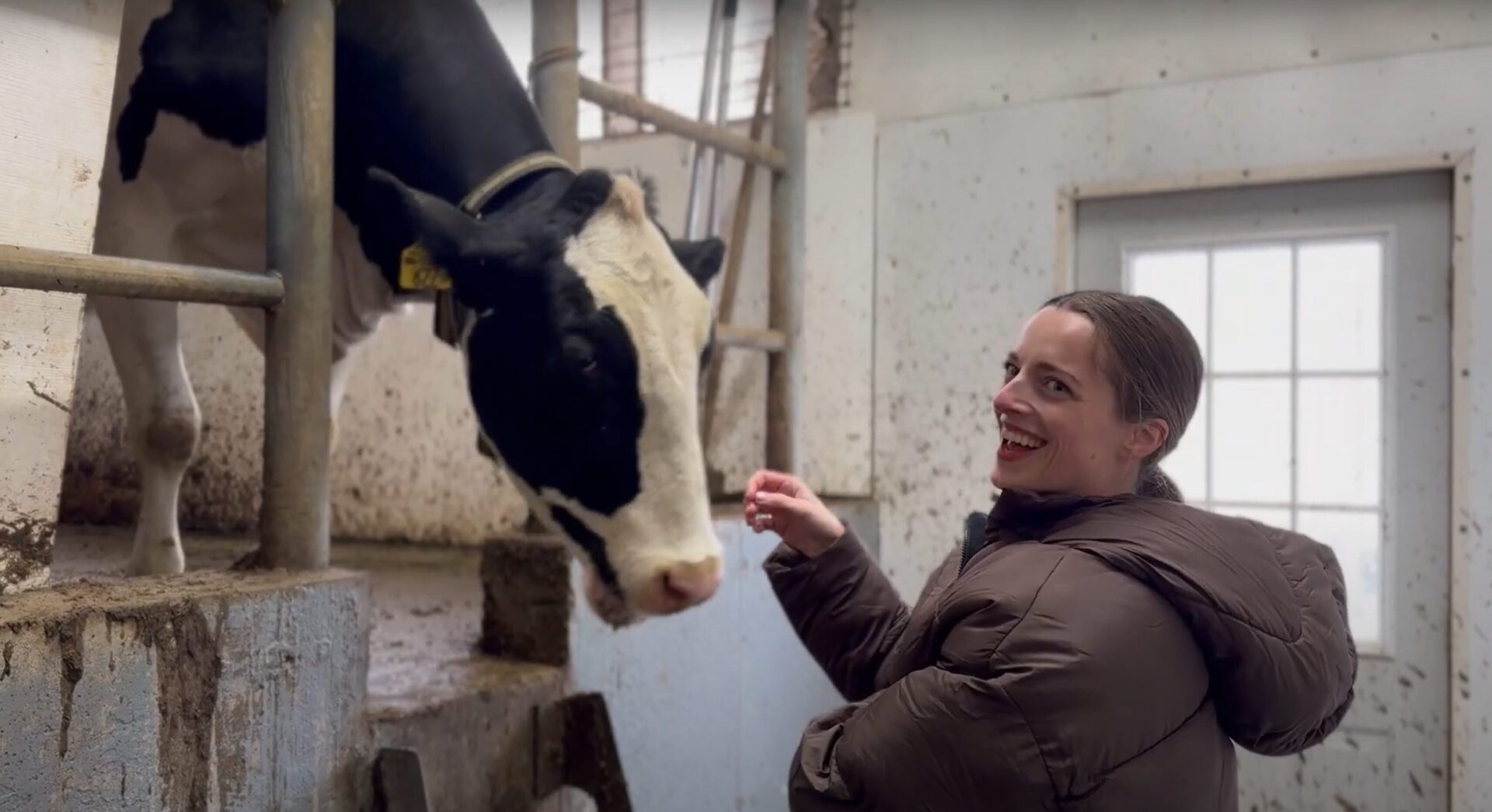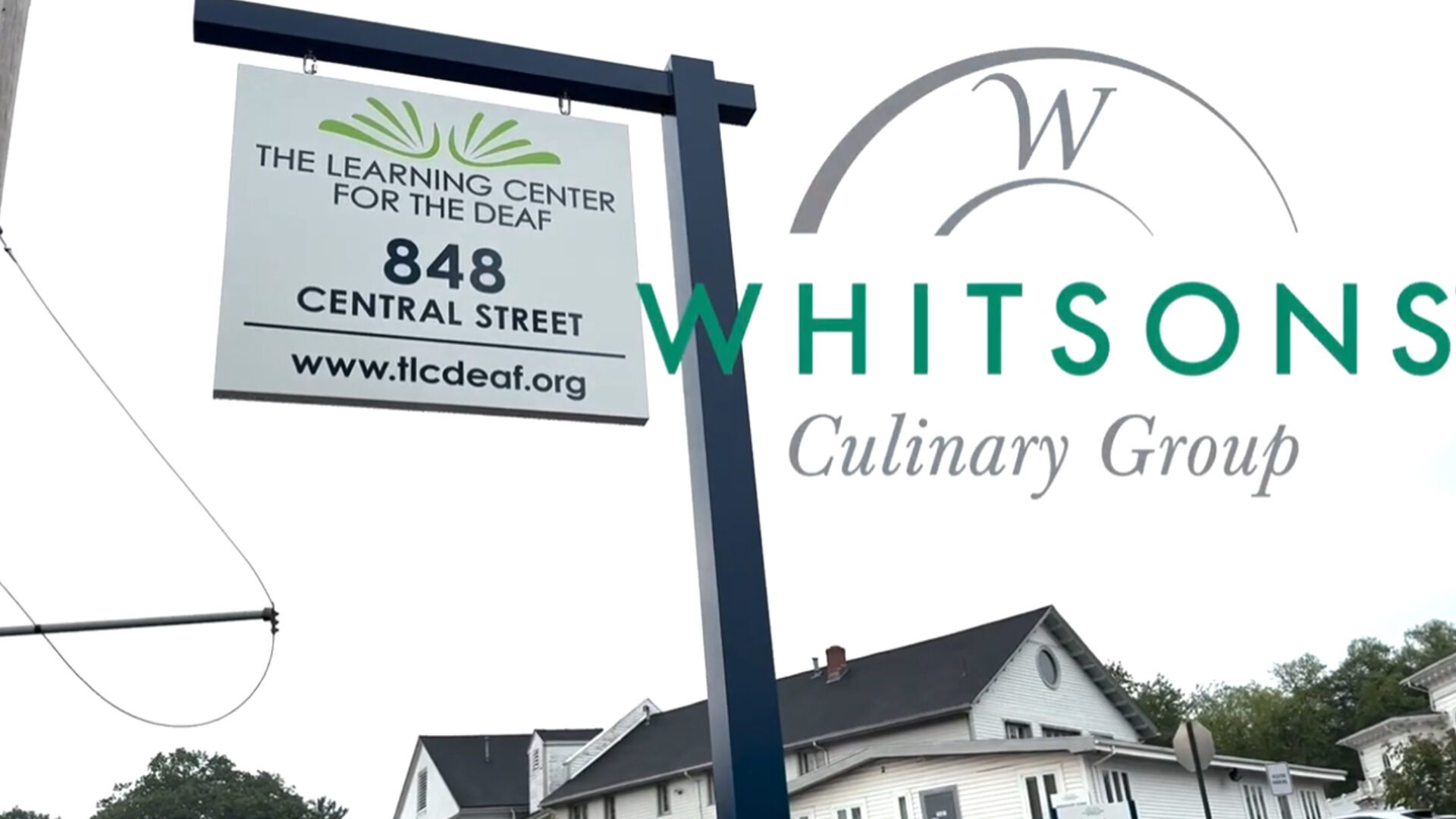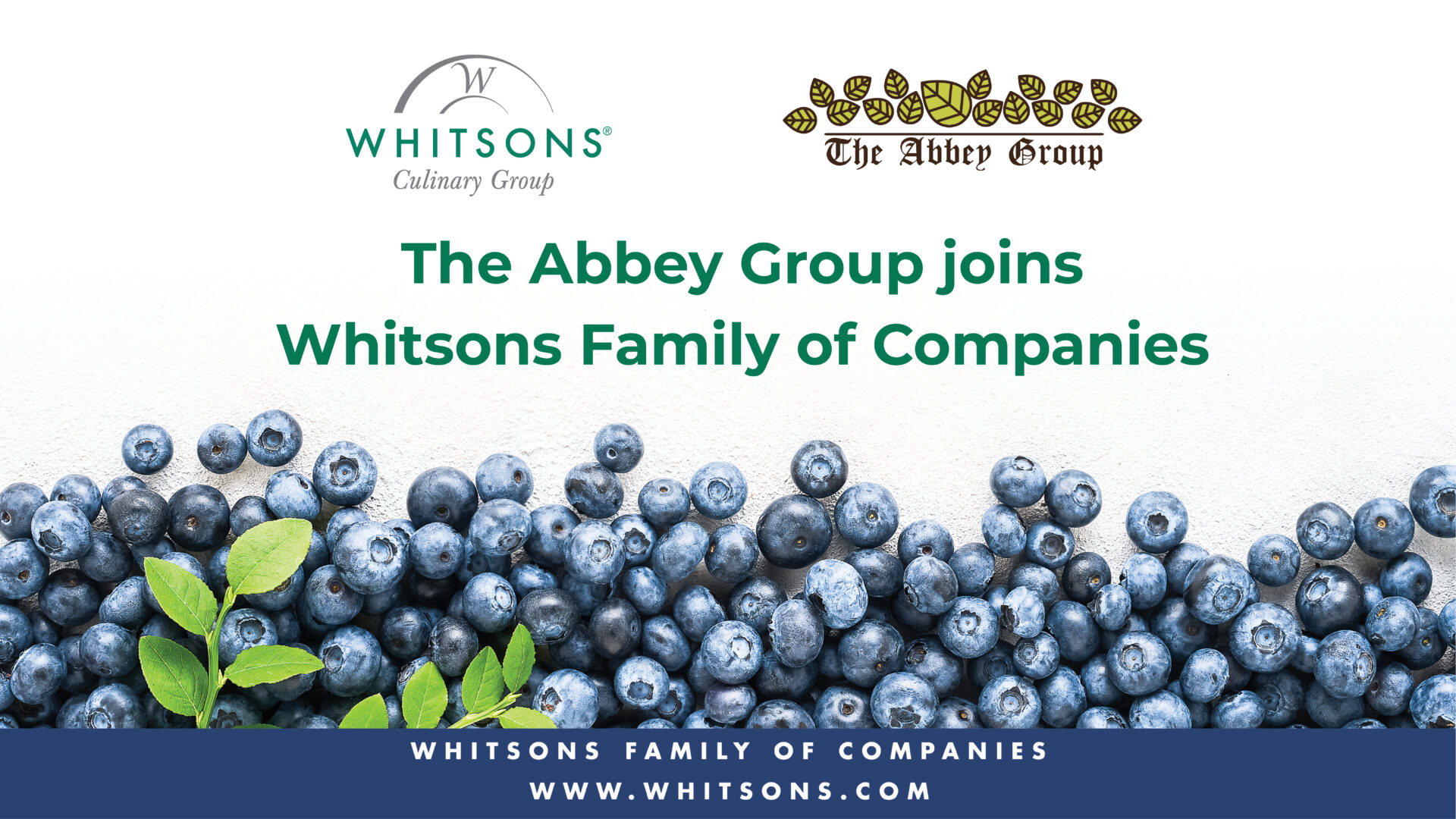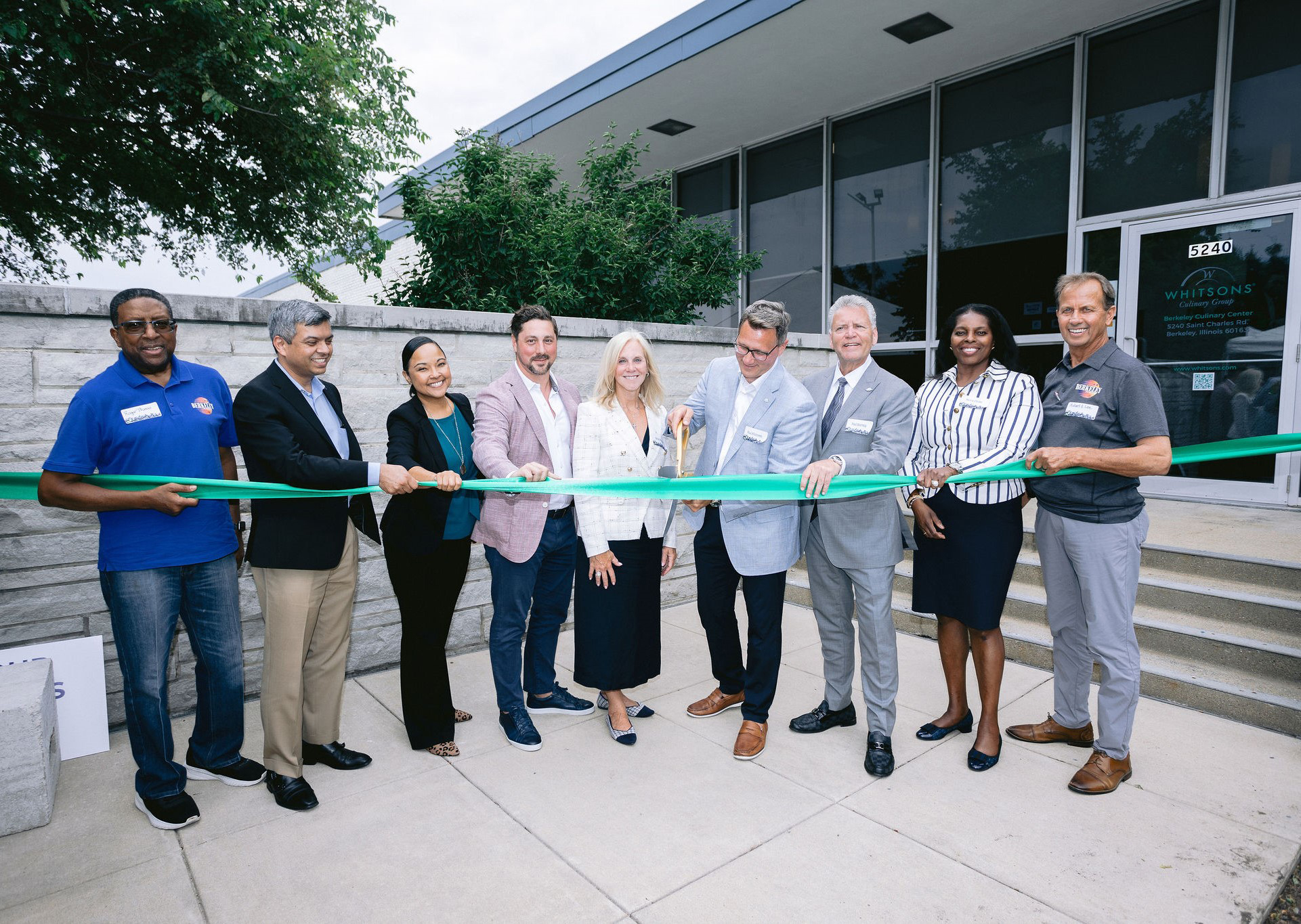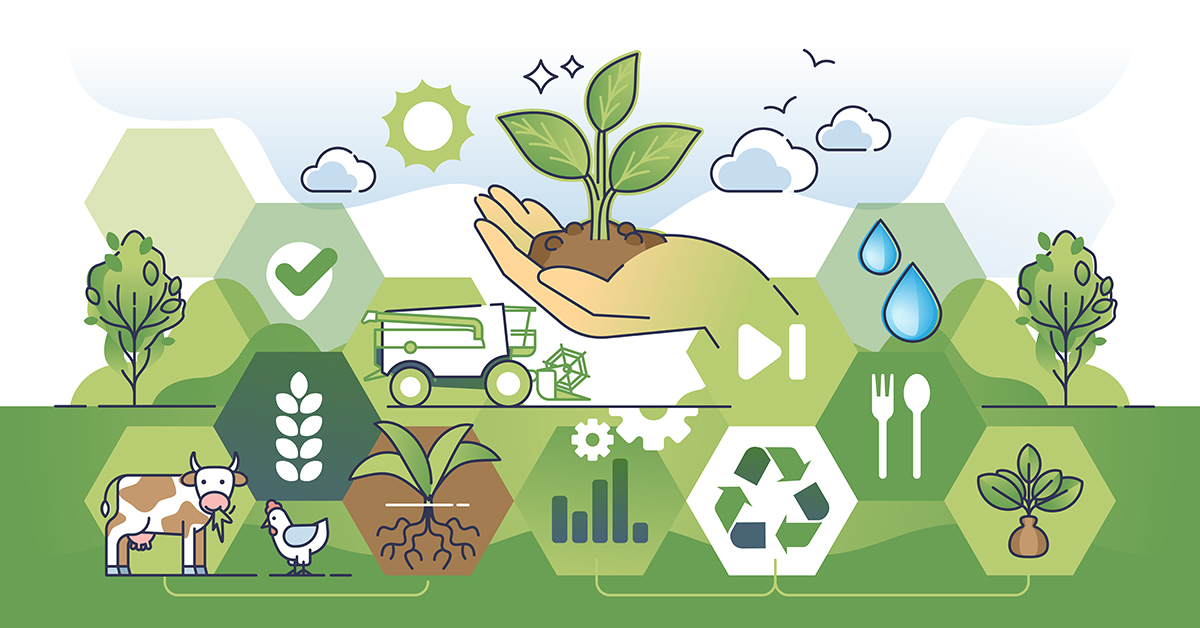New Plant-based Meals Are Making a Positive Impact While Meeting Student Demand
One of the questions I’m asked the most as a culinary specialist focused on plant-based menu development is: How can we create menus that have a positive impact on society and the planet AND meet student demand? The answer is actually pretty simple.
I know from my decade of experience working in food service how customer demand drives the entire industry. And I know from working with younger demographics how much the next generation wants to see and support high-impact change. That’s why I love working with companies like Whitsons Culinary Group that take their customers’ demands seriously. Forward-thinking companies consider the implications of the changes their customers are requesting, and frequently, they go further, incorporating them into their corporate missions.
Whitsons has taken stock of rising consumer concerns over animal foods, which carry a heavier carbon footprint than plant-based foods, and the company has made a tangible commitment to sustainability. For example, it has pledged to increase the number of healthy, sustainable plant-based options it offers annually, with a target of ensuring that every school district’s menu in its portfolio is at least 10% plant-based by 2024. This is a substantial commitment given that the company’s estimated current baseline for meatless entree offerings is already around 30% on average. This increase in plant-based options across all school districts will slingshot Whitsons into the forefront as one of the most plant-forward and sustainable companies in the country.
Thanks to our collaboration, Whitsons now features an entirely plant-based menu program called Veggabóls, the first of its kind from any school food service company. To bring Veggabóls to life, we modified several of Whitsons’ most popular menu options with plant-based recipes while also developing several new recipes, like the Veggabóls Fiesta Rice and Beans Bowl and the Veggabóls BBQ Chickpea Rice Bowl. These changes have been fun, innovative and delicious for us, our Whitsons partners and the students who get to enjoy these new dishes!
We also worked with the Whitsons team to identify top sellers and identified a few key dishes to fill out the Veggabóls menu. We used a variety of proteins so that students would have a chance to try new things each week. Seeing their reactions from students is priceless for our team at HSUS and makes us feel great about what we do!
Our pilot program at 12 Whitsons’ school district locations in the Northeast has concluded, with teams in participating districts trained on the recipes and asked to feature and serve two Veggabóls per week, accounting for about 20% of each menu, for a five-week period. With the help of a climate scientist, we measured the greenhouse gas savings from the menu changes, and the results are impressive: an astounding 18,270 pounds of greenhouse gasses were saved during the five-week pilot alone. That is the equivalent of 20, 824 miles driven or 3,564 trees planted. Talk about making an impact!
I’m confident that the Whitsons initiative will demonstrate that swapping in plant-based dishes for animal-based ones is an incredibly efficient (and delicious!) way to reduce a food service company’s carbon footprint.
Moreover, the reaction to the program so far has been one of incredible enthusiasm from culinary staff and students alike. Here is a sampling of dishes the students were able to enjoy throughout the five-week pilot:
After seeing the photos, it should come as no surprise to read feedback like this from the pilot:
“We did not get a single ticket in the “do not like” bowl!
“The students are excited with the new choices!”
“I have received very favorable feedback from students and staff here at Shelton High School.”
I cannot wait to help with the Veggabóls rollout for every Whitsons – operated school district this fall, and I look forward to working with Whitsons on its sustainability and plant-based menu goals for years to come!
To learn more about Whitson’s plant-based initiatives, including its training collaboration with the HSUS, please check out the sustainability page and the Forward Food Collaborative.
Chef Mary Bonsall
Culinary Specialist, Food Service Innovation
The Humane Society of the United States

